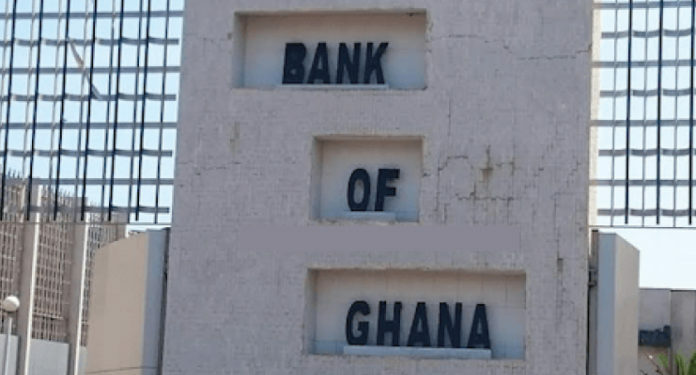Bank of Ghana issues guidelines for Inward Remittance Services by Payment Service Providers
In a move to bolster the integrity of the financial ecosystem, the Bank of Ghana has released comprehensive guidelines governing the operations of Dedicated Electronic Money Issuers (DEMI) and Enhanced Payment Service Providers (EPSP) engaged in inward remittance services.
The guidelines, first unveiled in February 2021, are aimed at fostering transparency, accountability, and compliance within the sector.
Key highlights from the guidelines include the necessity for DEMIs and EPSPs to maintain designated settlement accounts with universal banks exclusively.
These accounts are further categorized into two segments, namely the “Remittance Inflow Settlement Account” and the “Local Settlement Account.” These accounts are mandated to remain operationally distinct from any other accounts held by the respective service providers.
Of noteworthy significance is the stipulation that all disbursements must emanate from the “Local Settlement Account.” This account, as per the guidelines, is to be funded solely from the “Remittance Inflow Settlement Account.” Exceptions may be made when the DEMI or EPSP enters into an official funding arrangement with the settlement bank.
The repayment of such a facility is bound to occur from the “Local Settlement Account” upon the liquidation of funds sourced from the “Remittance Inflow Settlement Account.”
Integral to the guidelines is the role of the settlement bank. The directive requires these banks to employ the average interbank exchange rate, as published by the Ghana Association of Banks on the day of the transfer, or adhere to the rates prescribed by the Bank of Ghana.
This meticulous exchange rate conversion methodology is designed to safeguard the interests of both service providers and customers.
Furthermore, the guidelines cast a spotlight on the responsibilities of Forex Brokers. The document explicitly outlines that Forex Brokers are prohibited from engaging directly with corporate entities.
Additionally, they are barred from engaging in proprietary foreign exchange trading activities. Instead, they are entrusted with the task of facilitating foreign inflow termination only through partner banks or Fintechs, in an effort to ensure regulatory compliance and streamline market operations.
Market players are strongly urged to heed these directives to avert dire consequences. The Bank of Ghana emphasizes that non-compliance will result in stringent sanctions, which may extend to the withdrawal of licenses for institutions found in breach of these guidelines.
As the Ghanaian financial landscape continues to evolve, these guidelines stand as a testament to the central bank’s commitment to fostering a secure, accountable, and thriving remittance sector.
With compliance as the cornerstone, these measures are poised to fortify the nation’s financial foundations, while ensuring a seamless flow of remittances for the benefit of all stakeholders involved.








